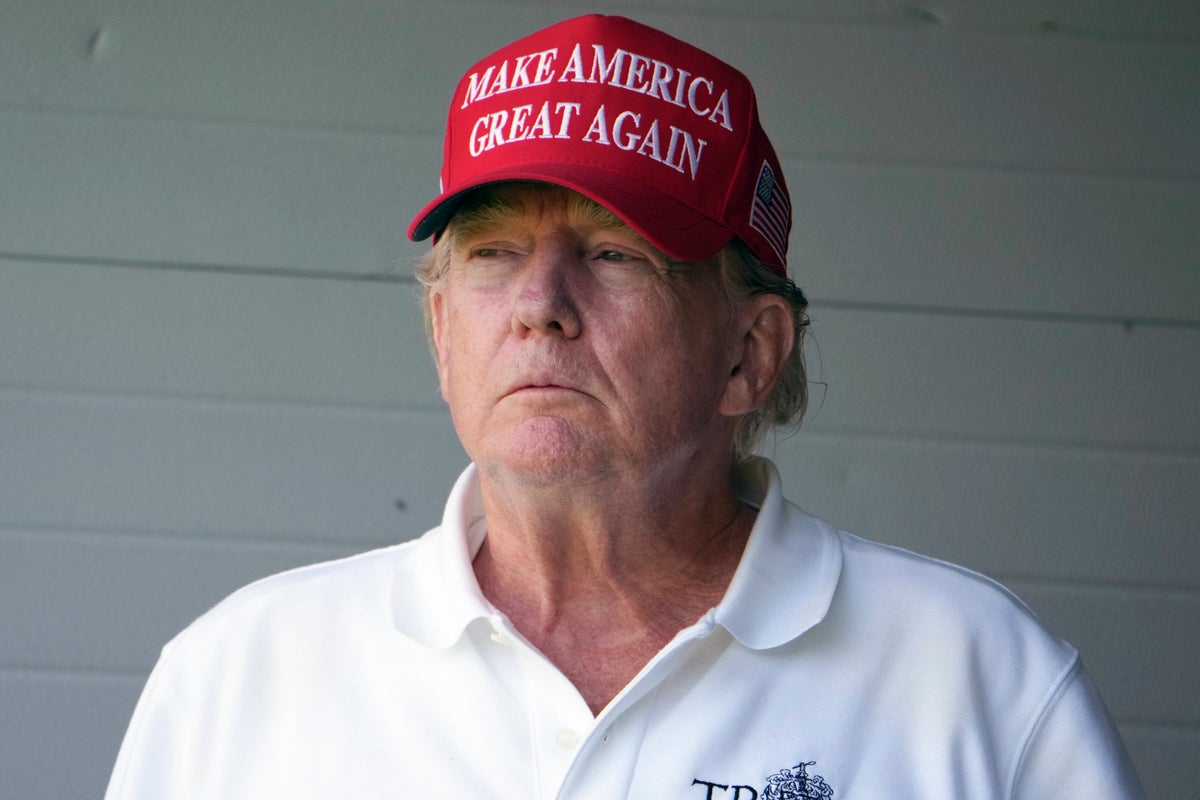
Donald Trump broke another legal barrier on 9 June when he became the first former US president ever to be federally indicted.
A federal grand jury indicted Mr Trump in the investigation into his alleged improper retention of classified documents. The indictment unsealed on Friday revealed 37 counts against the former president, including conspiracy to obstruct, willful retention of documents, and false statements.
He was already under a New York state indictment for his role in an alleged scheme to make a hush money payment to adult film star Stormy Daniels in the buildup to the 2016 election.
Now, Mr Trump is facing yet more legal headaches.
The former president appeared at a federal courthouse in Miami to face arraignment on Tuesday afternoon (13 June).
Here’s a rundown of what all the legal terminology means and how we might see Mr Trump’s case progress through the criminal justice system.
What is an indictment?
In the American legal system, an indictment is a formal notice that the state believes a person has committed a crime.
A prosecutor secures an indictment by presenting their case to a grand jury, which then votes on whether it believes there is enough evidence to charge a person with a crime.
All proceedings surrounding grand juries are sealed, and the burden of proof for prosecutors is lower than it is at a trial. Typically on 12 of the 16 to 23 grand jurors need to vote to indict a person as opposed to a trial where unanimous verdicts are often required.
An indictment does not determine guilt or innocence, but is a required procedural step in a criminal proceeding.
What is an arraignment?
After the state secures an indictment, it can take a case forward to an arraignment.
At an arraignment hearing, which takes place before a judge, defendants are read the charges facing them and the maximum penalties they carry and then are offered the opportunity to make a plea — either not guilty, no contest, or guilty.
If the defendant pleads guilty or no contest, the case most frequently moves to sentencing. If the defendant pleads not guilty, the judge will set the terms of bail for the defendant and the dates for subsequent events in the case including any pre-trial hearings and an eventual trial, which can sometimes occur months or years after the initial charging date.
So where is Trump in all of this?
The former president has now been indicted twice — once by the Manhattan District Attorney for his role in the alleged hush money scheme, and now by the US Justice Department in Florida for his alleged mishandling of classified documents and obstruction of justice.
Mr Trump was arraigned in New York in the former case in April, and faced arraignment in Miami in the federal case on 13 June. Mr Trump pleaded not guilty to the charges in New York and will enter his plea in Florida during his courthouse appearance there.
Mr Trump is not expected to be held in jail while awaiting a potential trial in either case. Mr Trump is, of course, running for president again and is the current polling leader for the Republican nomination.
This might not be the last time Mr Trump is indicted this year, either: the former president and several of his advisers are also currently under investigation in Georgia for interfering in the 2020 election.







